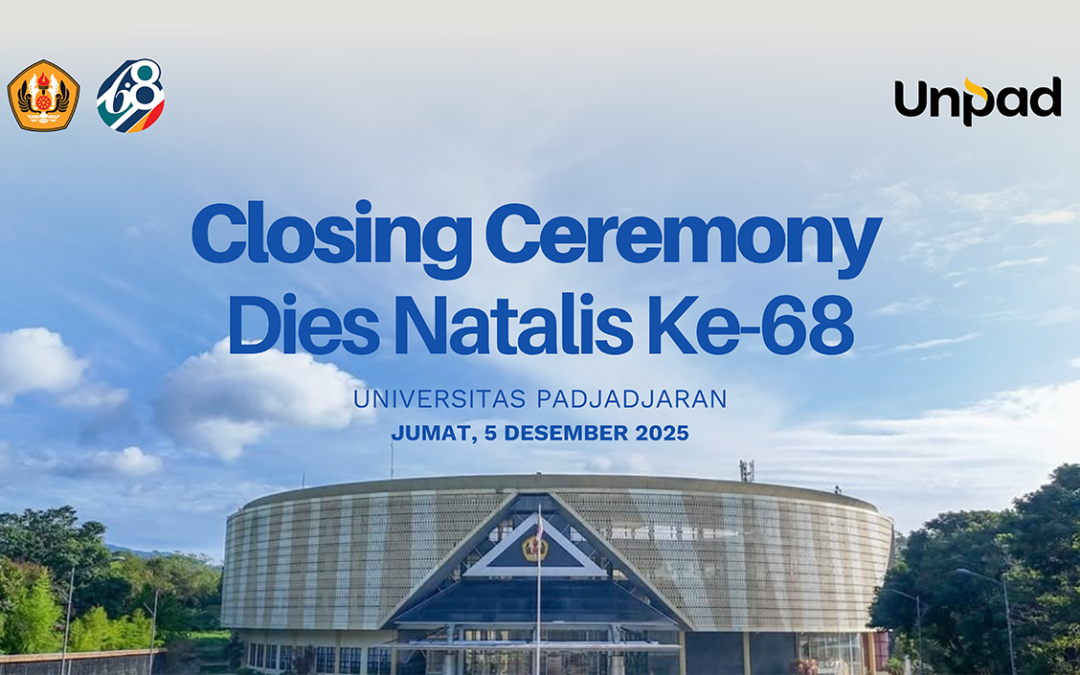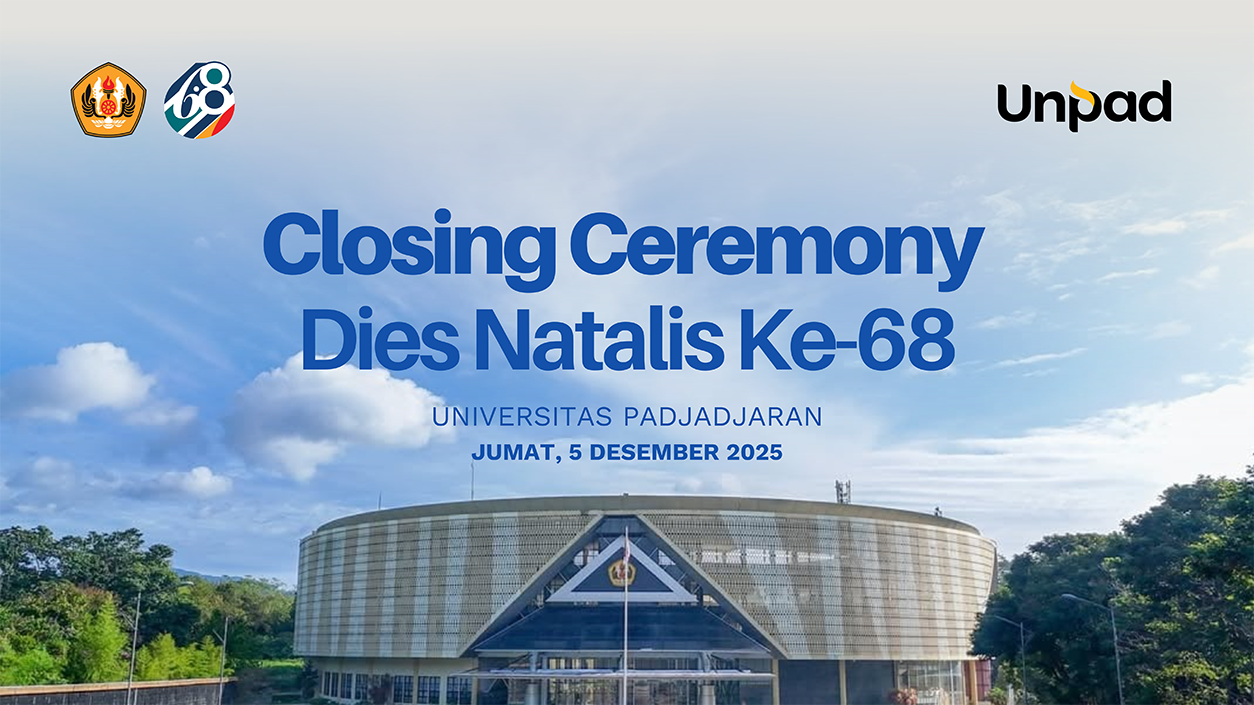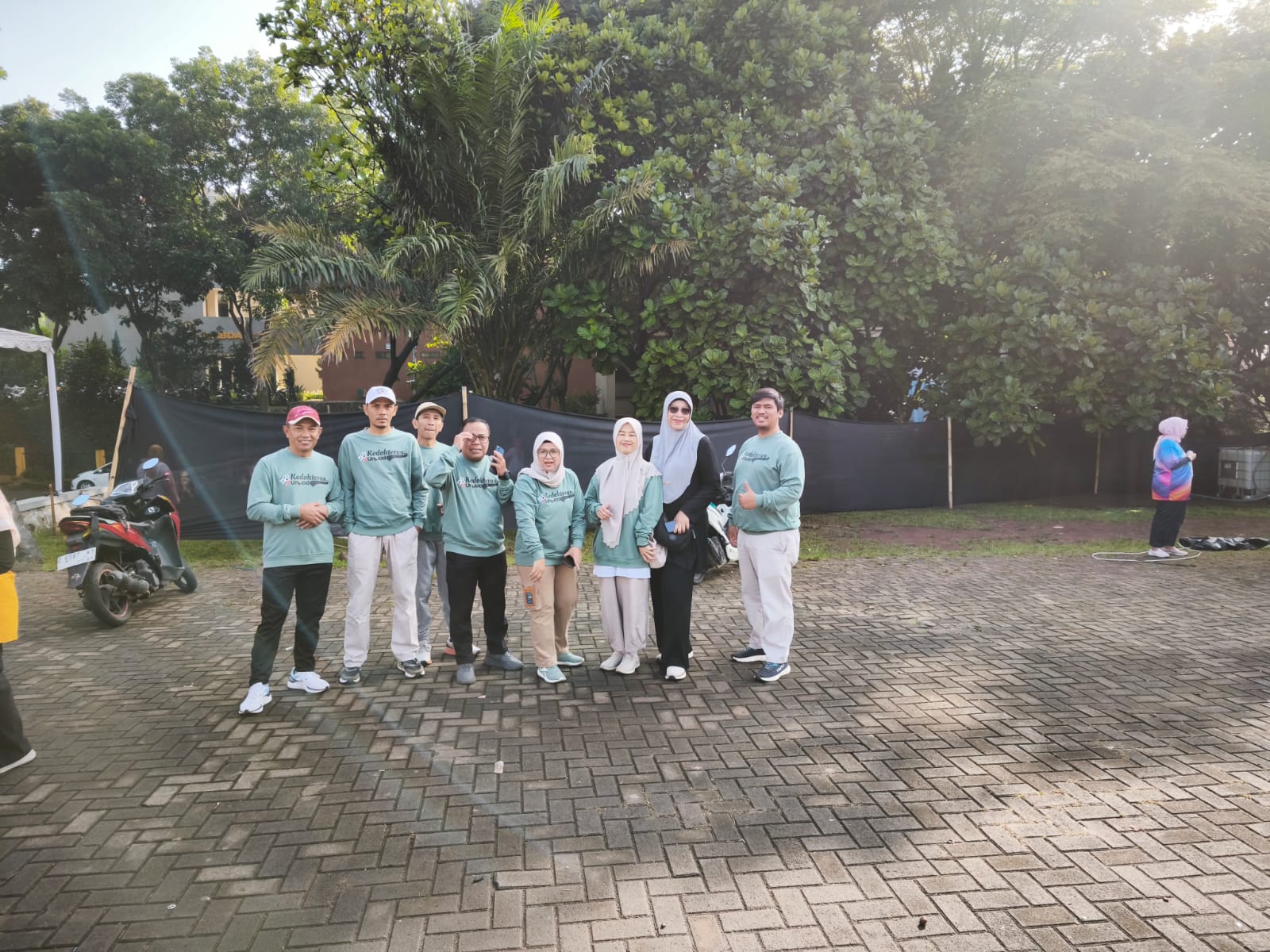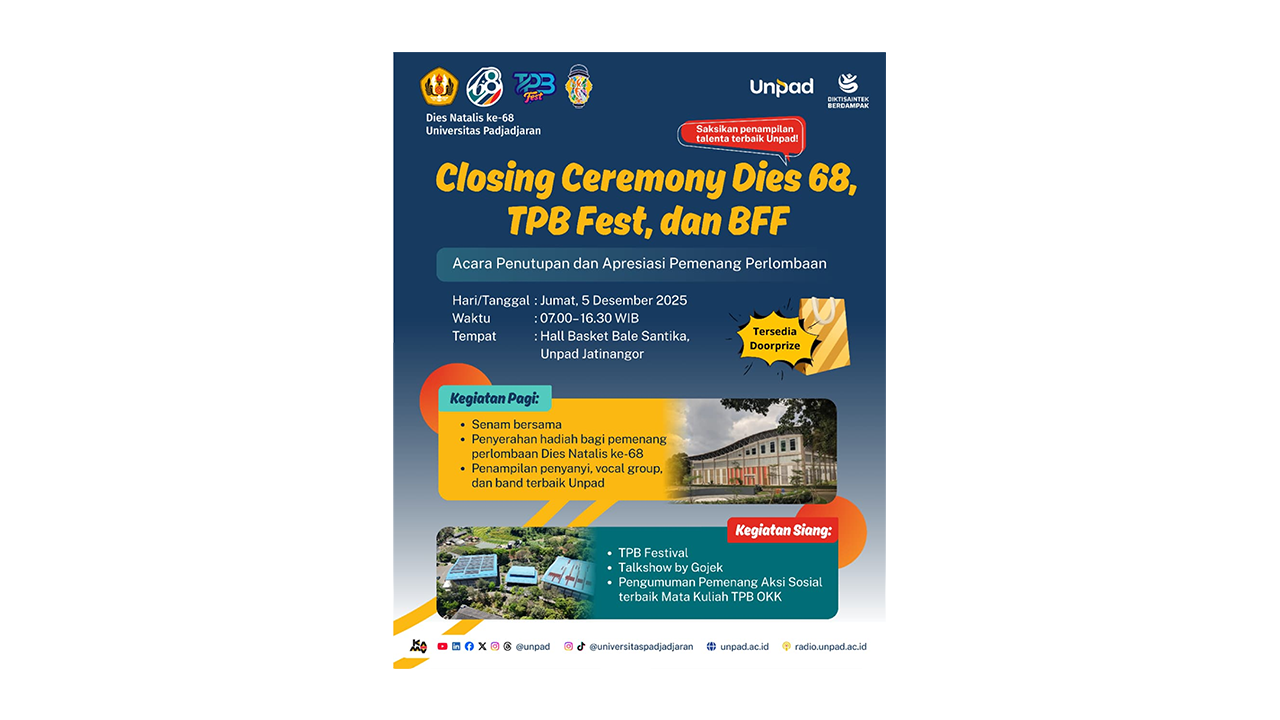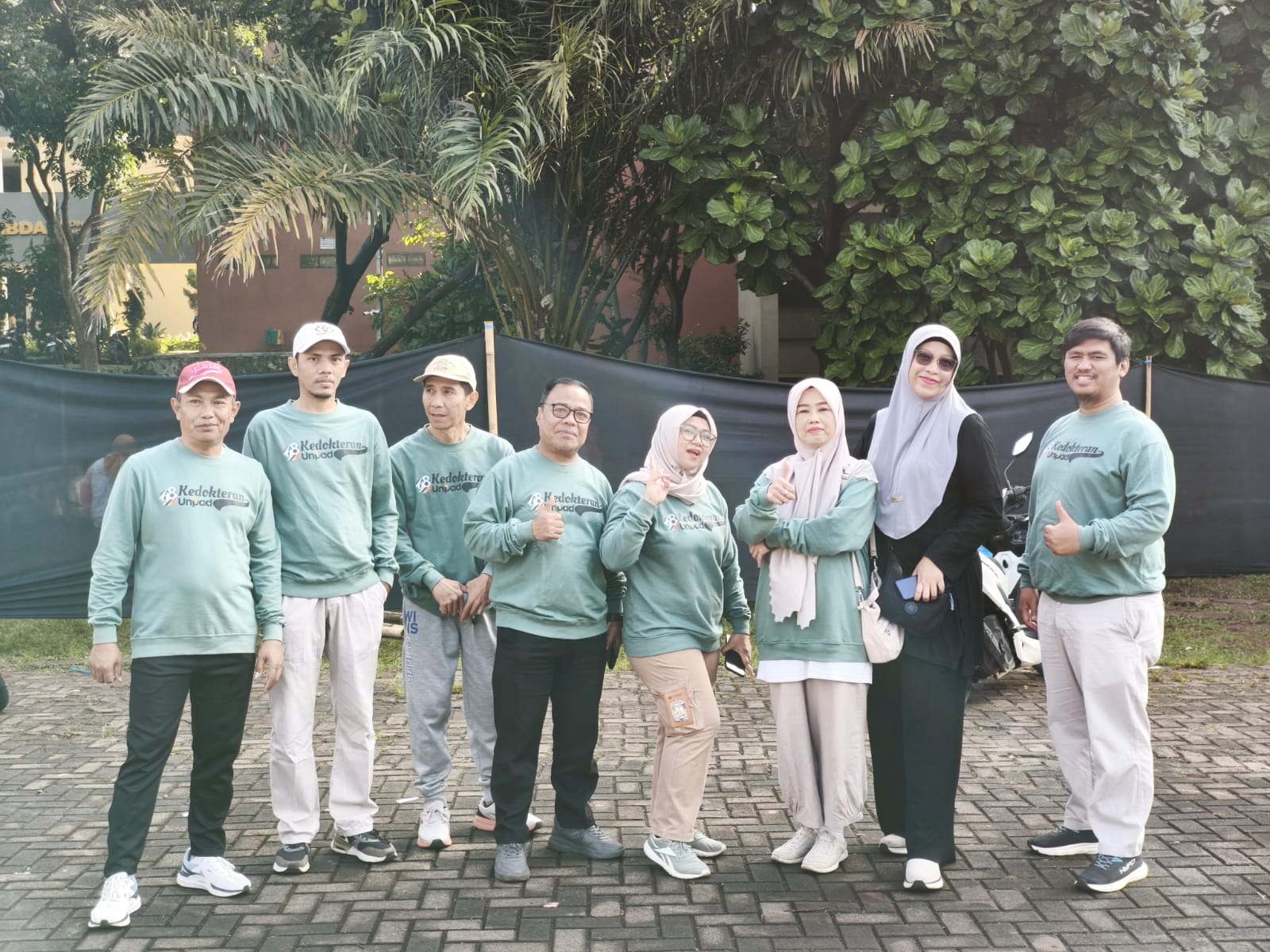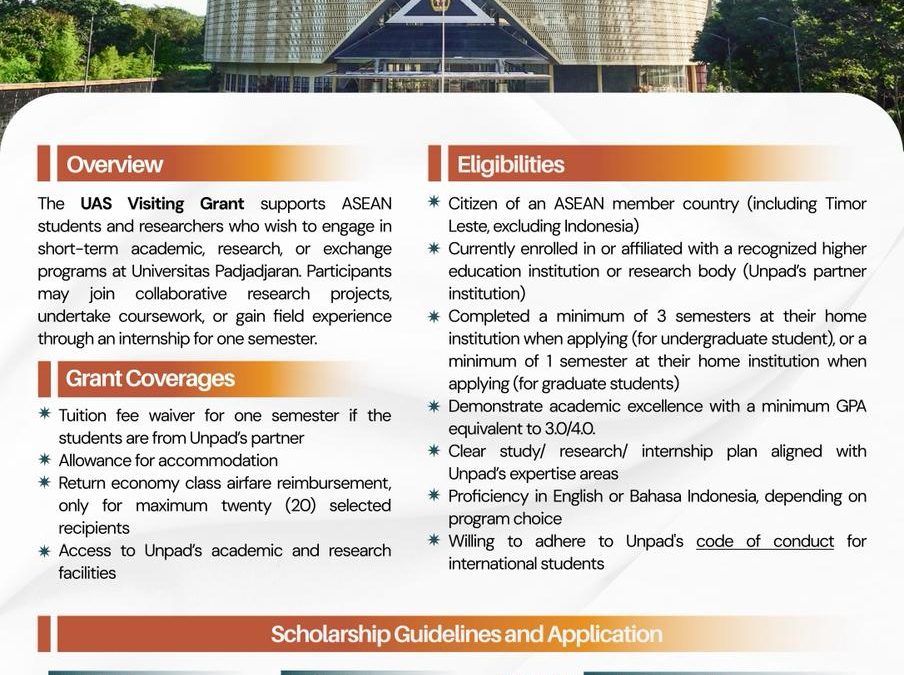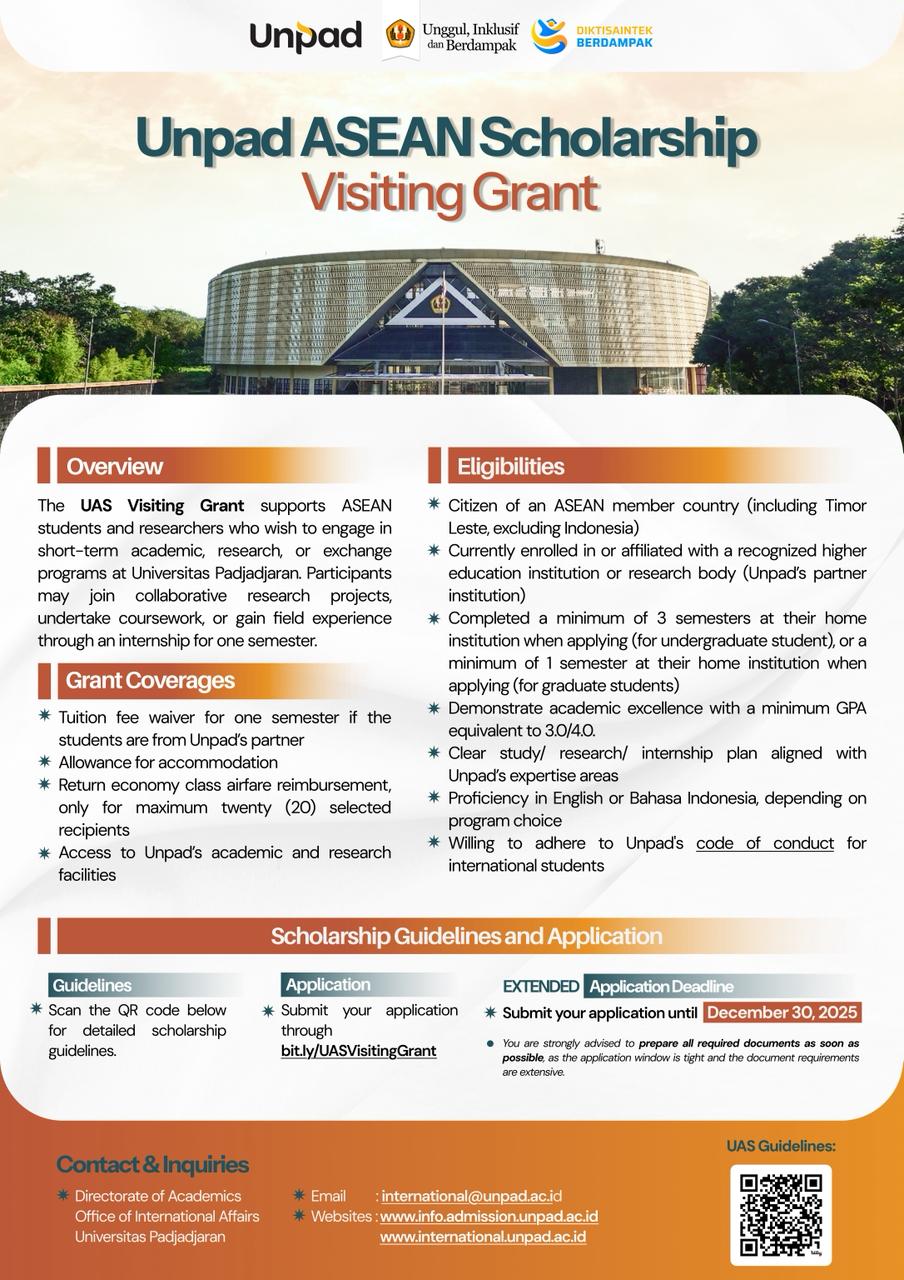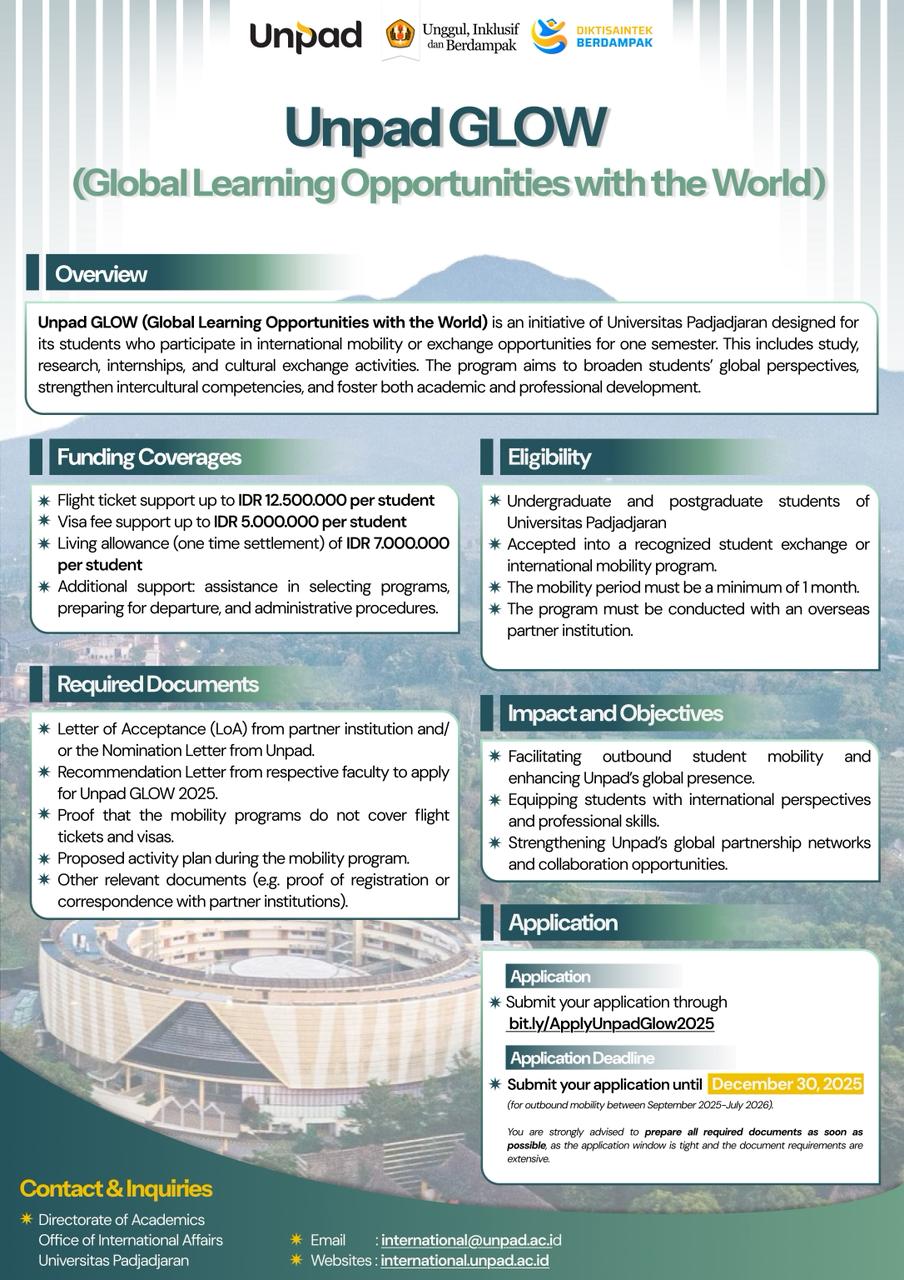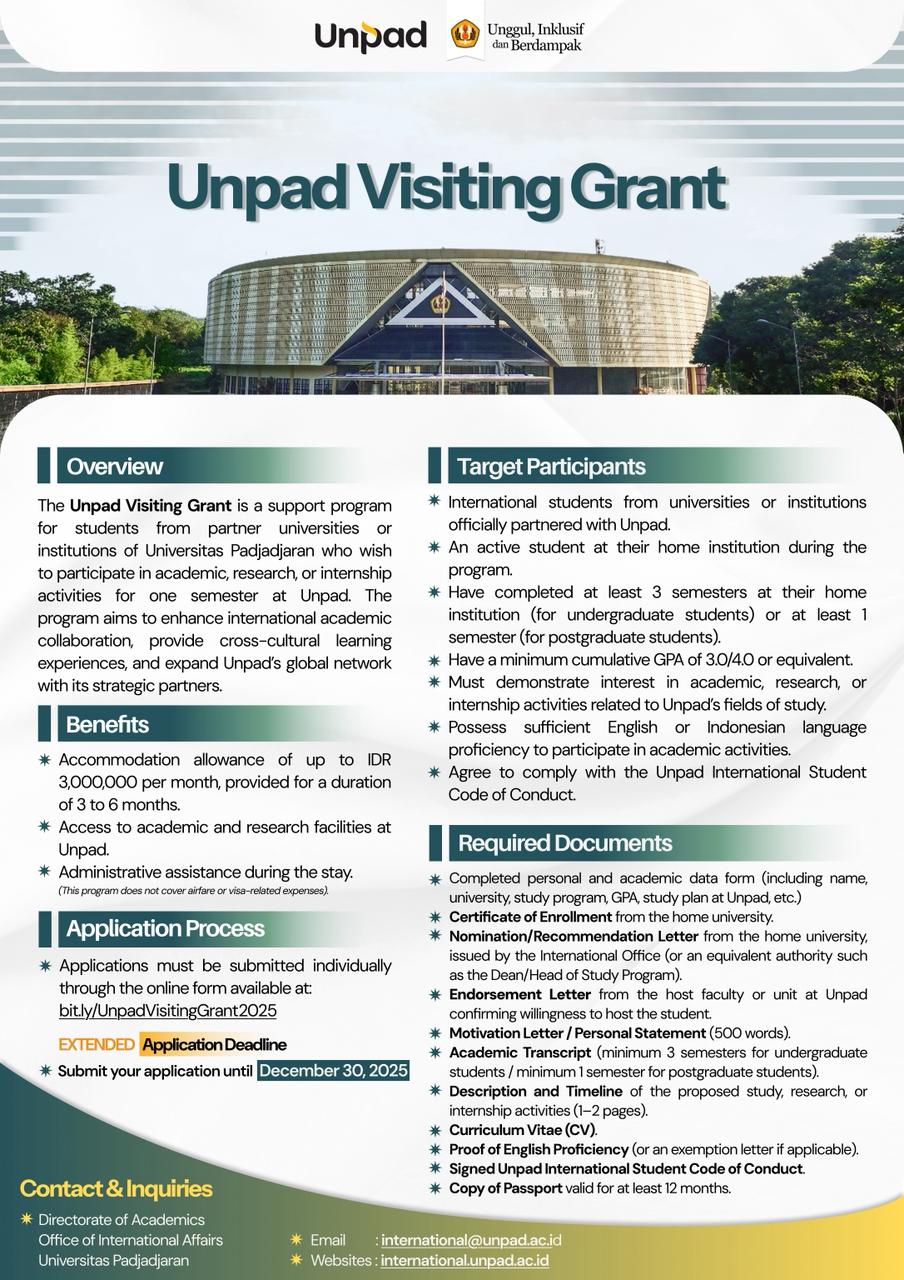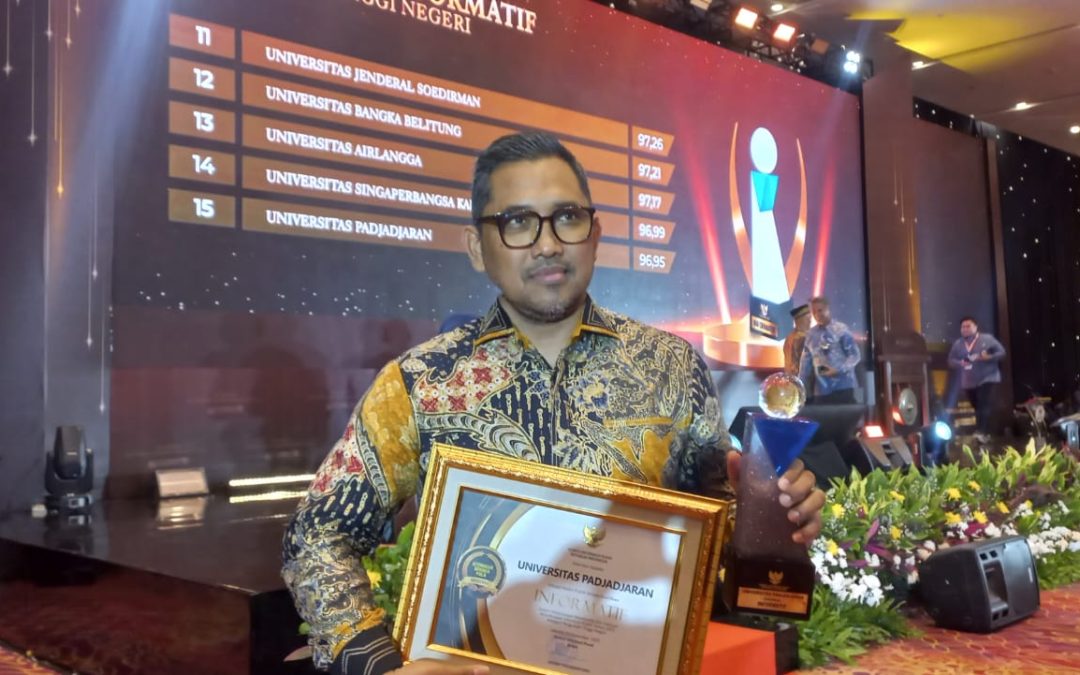
PTN Informatif Unpad 2025
Unpad Kembali Raih Penghargaan sebagai PTN Informatif pada Anugerah Keterbukaan Informasi 2025
Universitas Padjadjaran (Unpad) kembali menorehkan prestasi membanggakan di tingkat nasional dengan meraih penghargaan sebagai Perguruan Tinggi Negeri (PTN) Informatif dalam ajang Anugerah Keterbukaan Informasi Publik Tahun 2025.
Penghargaan ini diberikan sebagai bentuk apresiasi atas komitmen Unpad dalam menerapkan prinsip keterbukaan informasi publik, transparansi tata kelola, serta kemudahan akses informasi bagi masyarakat sesuai dengan amanat Undang-Undang Nomor 14 Tahun 2008 tentang Keterbukaan Informasi Publik.
Capaian tersebut mencerminkan konsistensi Unpad dalam menghadirkan layanan informasi yang akurat, responsif, dan akuntabel melalui Pejabat Pengelola Informasi dan Dokumentasi (PPID), baik di tingkat universitas maupun fakultas. Upaya ini sekaligus memperkuat kepercayaan publik terhadap tata kelola institusi pendidikan tinggi negeri.
Keberhasilan Unpad mempertahankan predikat PTN Informatif juga menunjukkan keseriusan institusi dalam membangun budaya keterbukaan sebagai bagian dari good university governance. Unpad terus berupaya meningkatkan kualitas pelayanan informasi publik dengan memanfaatkan teknologi digital serta mengedepankan prinsip transparansi dan partisipasi masyarakat.
Penghargaan ini diharapkan dapat menjadi motivasi bagi seluruh sivitas akademika Unpad untuk terus menjaga dan meningkatkan kualitas pengelolaan informasi publik secara berkelanjutan.




